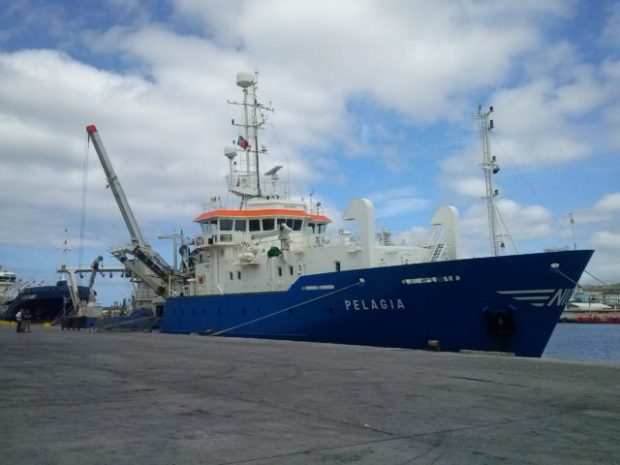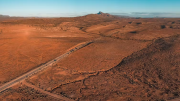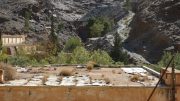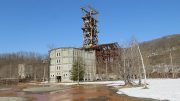
I have been sailing for 6 days so far. In my opinion, it is right to explain to the taxpayers in the Netherlands (but more generally in Europe) why we are where we are: out at sea.
The reason is essentially a political and economic one, as you might imagine in this dire period.
Europe has realized it relies fairly heavily on imports in terms of minerals and rare earths, precious elements to new technologies, gold and more. Nevertheless, since it is not able to open new mines within its boundaries (partly because there are no minerals to be extracted, partly because nobody wants a mine in his/her backyard) and in view of possible clashes with exporting countries (China, just to mention one), an idea came to light: getting these precious elements from the sea bed (no man’s land or everyone’s land?) to become independent in case of clashes.
Now it’s our turn. We are ‘scientists’ and should venture out into potential mining zones, like nearly invisible spots on the sea.
We should look at how water currents whirl, how many animals and plants live nearby and what would happen to them if a gigantic underwater excavator dug and threw out dust to search for shining gold on the sea bed. Just in case the water currents carry the dust where we don’t want it to be or the animals migrate and don’t come back.
Is this a new wide unregulated Far West, a Gold Rush where the strongest rules?
At this point, go through all of this. You understand, the ‘scientists’ should express their opinion on feasibility and risks related to this activity. If they can’t ban it (this is no longer possible by now), they should attempt to provide instructions about rules and protocols underwater mining industries would have to comply with before, during and after submarine mining.
Just theoretically
In practice, although doing this with major European mining companies,Europe is actually funding these studies at several levels. For instance, I am earning a wage to stay out at sea, make measurements and tell stories.
In practice, elsewhere (such as in Papua New Guinea), the right to excavate the sea bed has just been sold to the highest bidder (a Canadian corporation). They’ll start to do it as soon as they have finished testing excavators and various technology fixtures, allegedly within less than two years.
Will European (or even the International Sea Bed Authority’s) possible future regulations arrive in time to protect the sea around Papua New Guinea? No.
What about other seas? Who knows … Is this a new wide unregulated Far West, a Gold Rush where the strongest rules? It seems to be so at the moment.
In the meantime, here we are trying to understand a bit more how everything works in this special area of our Ocean: the Mid Atlantic Ridge (MAR) (why is it special? Date to explain this tbd).
When we are asked for an opinion, we will at least be able to utter ours since we have been swaying for 20 days 2,500 metres above it.
This is a repost of Day 6 – L’ora della spiega, ovvero: Attività minerarie nel profondo del Mar, originally published in Italian by Anna Rabitti (@rabittanna) and translated into English by the European Commission as part of the Europe in My Region 2016 blogging competition. Photos by Anna.
May 2016
Mathew Lowry






Be the first to comment on "Mining under the sea"